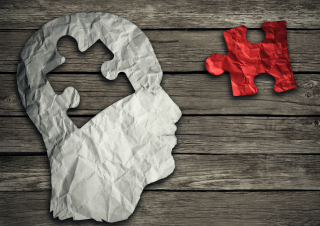A recent discussion with a client of mine has reminded me of the difficulties faced by people with brain injury following discharge from hospital.
As is almost always the case, he received excellent medical care as long as he was in the hospital system, being treated first at Kings College Hospital and later at a specialist brain injury facility in Kent. Whilst there, he received the benefit of daily physiotherapy, along with neuropsychology treatment and the other input that he required. Although still left with significant injuries which are likely to prevent him from ever working again, the excellent medical treatment he received has meant that he is very much better than he was when he was first admitted with life threatening injuries.
The problems start, of course, once the patient has improved sufficiently to be discharged home. Although it is human nature for an injured person to want to return to a familiar environment as soon as they can, the problem is that once they’re back home the frequency of their treatment almost always reduces very rapidly indeed. In the case of the client mentioned above, he has gone from daily physiotherapy sessions to a wait of three months (and counting) for his first outpatient physiotherapy appointment. No other treatment has yet been offered.
Leaving aside for a moment the medical challenges, the injured person also has to face the challenge of applying for state benefits if they can no longer work. Completing a long and complicated form is a challenge for most people, but after suffering a life changing injury it must be nigh on impossible.
It strikes me that clients with a supportive family cope very much better than those without this safety net and indeed I wonder how clients without support manage at all (especially in view of funding issues in social services).
For those clients lucky enough to have a strong case, there is plenty a personal injury solicitor can do to ease the burden, including seeking funding for rehabilitation and obtaining interim payments to replace lost income (which can make a massive difference to the injured person). My thoughts, however, are very much with those whose claims are not strong enough to proceed, as they miss out not only on the chance to recover compensation but also on the medical treatment which would enable them to rebuild their lives.
=======
This article was originally published in the 2020 Brain and Spinal Injury Handbook and written by our MD Jonathan Pidduck.
If you have sustained a head injury/brain injury as a result of an accident which was not your fault or due to medical negligence, then we can seek compensation for you. Click on the contact us page for the many ways you can reach us.
